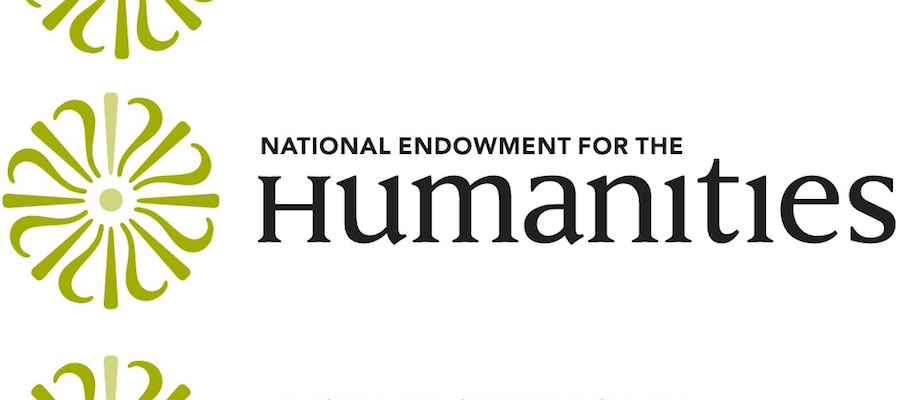NEH Fellowships support individuals pursuing advanced research that is of value to humanities scholars, general audiences, or both. Recipients usually produce articles, monographs, books, digital materials, archaeological site reports, translations, editions, or other scholarly resources in the humanities.
Fellowships may not be used for
- projects that seek to promote a particular political, religious, or ideological point of view;
- projects that advocate a particular program of social action;
- specific policy studies;
- research by students enrolled in a degree program, including research for doctoral dissertations or theses;
- the preparation or revision of textbooks;
- curriculum development;
- the development of teaching methods or theories;
- educational or technical impact assessments;
- empirical social science research, unless part of a larger humanities project;
- inventories of collections;
- works in the creative and performing arts (for example, painting, writing fiction or poetry, dance performance, etc.);
- the writing of autobiographies, memoirs, or creative nonfiction; or
- the writing of guide books, how-to books, and self-help books.
NEH invites projects related to its initiative, The Common Good: The Humanities in the Public Square. This initiative seeks to connect the study of the humanities to the current conditions of national life. Many of today’s challenges require more than ever the forms of understanding and knowledge represented by the humanities. They require the broadest possible engagement of scholars and the public with the resources of the humanities, including but not limited to the study of language, literature, history, philosophy, comparative religion, and ethics. The study of the humanities can help illuminate the complexity of many contemporary challenges while enriching our understanding of the common good.
In response to the destruction of cultural heritage materials worldwide, NEH encourages applications for projects that study, document, or create digital representations of lost or imperiled cultural heritage materials. Proposed projects should be based on scholarly work and follow standards and best practices. Projects must demonstrate the capacity to be sustained and must be widely accessible to the public.
As a taxpayer-supported federal agency, NEH endeavors to make the products of its awards available to the broadest possible audience. Our goal is for scholars, educators, students, and the American public to have ready and easy access to the wide range of NEH grant products. For the Fellowships program, such products may include digital resources, websites, and the like. For projects that lead to the development of websites, all other considerations being equal, NEH gives preference to those that provide free access to the public.
Award information
- Fellowships cover periods lasting from six to twelve months at a stipend of $4,200 per month. The maximum stipend is $50,400 for a twelve-month period. Applicants should request award periods that suit their schedules and the needs of their projects.
- Recipients may begin their awards as early as January 1, 2018, and as late as September1, 2019.
- The award period must be full-time and continuous. Teaching and administrative assignments or other major activities may not be undertaken during the fellowship period.
Eligibility
- The Fellowships program accepts applications from researchers, teachers, and writers, whether they have an institutional affiliation or not.
- U.S. citizens, whether they reside inside or outside the United States, are eligible to apply. Foreign nationals who have been living in the United States or its jurisdictions for at least the three years prior to the application deadline are also eligible.
- While applicants need not have advanced degrees, individuals currently enrolled in a degree-granting program are ineligible to apply. Applicants who have satisfied all the requirements for a degree and are awaiting its conferral in 2017 are eligible for NEH Fellowships; but such applicants need a letter from the dean of the conferring school or their department chair attesting to the applicant’s status as of April 12, 2017.
- Applicants may seek funding for projects based on completed dissertations.
